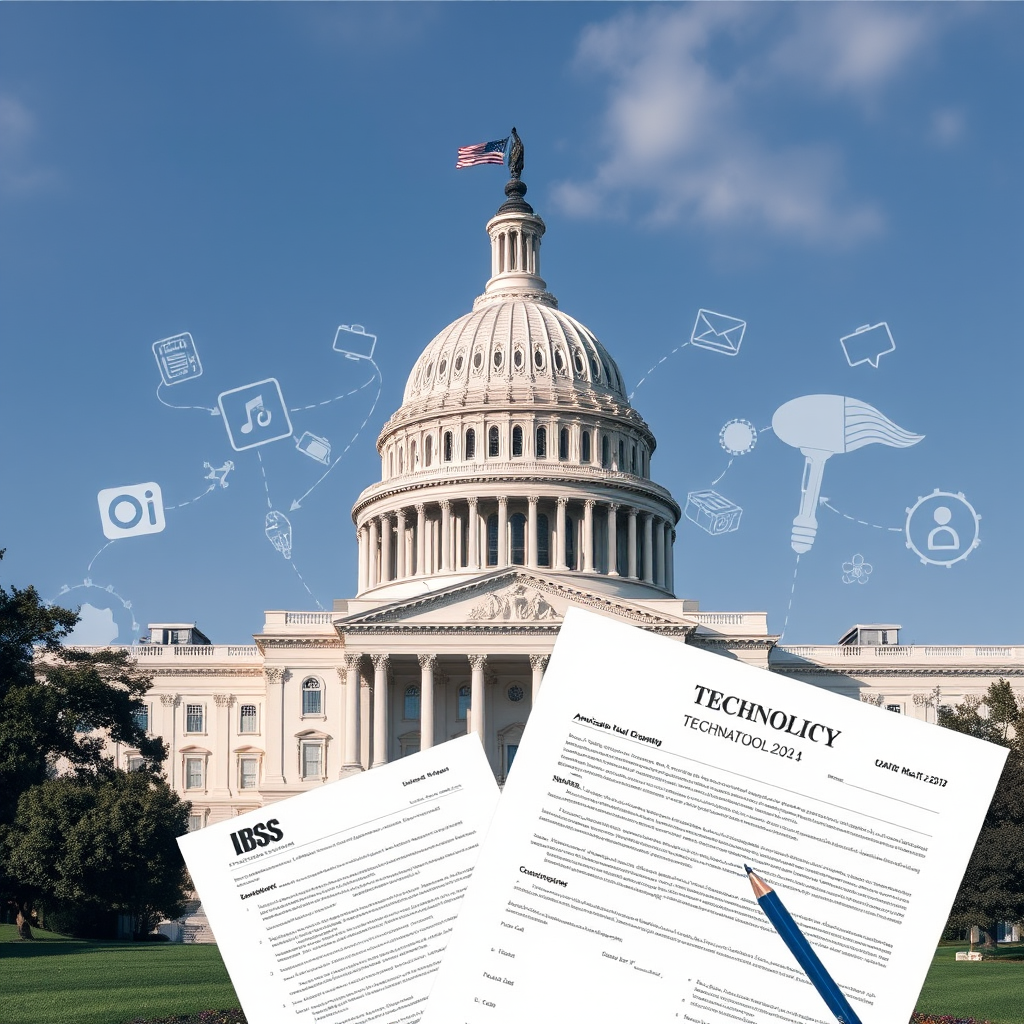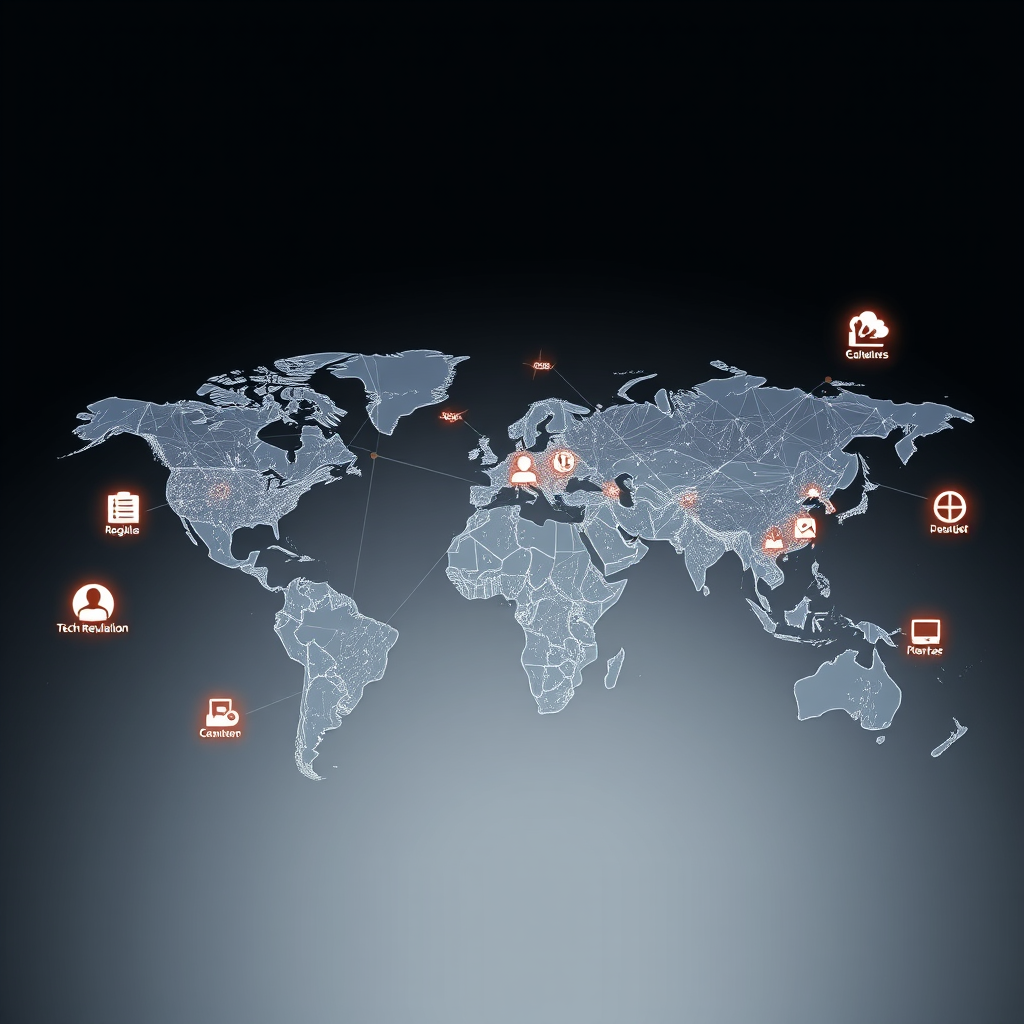The global technology landscape is experiencing unprecedented regulatory scrutiny as governments across the United States, Europe, and Asia implement sweeping changes to control the influence of major tech corporations. These regulatory moves are reshaping how technology companies operate and could fundamentally alter the digital ecosystem worldwide.
United States: Antitrust Investigations Intensify
The Department of Justice and Federal Trade Commission have launched comprehensive investigations into the business practices of major technology companies. These investigations focus on monopolistic behaviors, particularly in areas of search, social media, and e-commerce platforms. The regulatory bodies are examining how these companies acquire competitors and whether their market dominance stifles innovation and competition.
Recent developments include proposed legislation that would require tech giants to separate their core services from their advertising businesses. This could significantly impact how these companies generate revenue and operate their platforms. The regulatory pressure has already led to changes in how some companies approach acquisitions and partnerships.

European Union: Data Privacy and Digital Markets Act
The European Union continues to lead global efforts in technology regulation with the implementation of the Digital Markets Act and strengthened data privacy requirements. These regulations specifically target companies designated as "gatekeepers" in the digital market, imposing strict obligations on how they operate their platforms and handle user data.
The new regulations require major platforms to allow users to repair and recharge their relationship with digital services by providing more control over personal data and enabling easier switching between services. Companies must now provide detailed transparency reports and face significant penalties for non-compliance, with fines reaching up to 10% of global annual revenue.
Impact on Digital Services
European regulations are forcing technology companies to fundamentally restructure their services. The requirement for interoperability means that messaging platforms must allow communication with competing services, while app stores must permit alternative payment systems. These changes are creating new opportunities for smaller competitors while challenging the established business models of tech giants.
Asia-Pacific: Diverse Regulatory Approaches
Asian markets are implementing varied regulatory frameworks tailored to their specific economic and social priorities. Countries like South Korea and Japan are focusing on fair competition in digital markets, while others emphasize data localization and cybersecurity requirements.

The regulatory landscape in Asia is particularly complex due to varying political systems and economic priorities. Some countries are implementing strict content moderation requirements, while others focus on ensuring fair access to digital infrastructure and services. This diversity creates challenges for global technology companies that must navigate multiple regulatory frameworks simultaneously.
Global Implications and Industry Response
The convergence of regulatory pressure across multiple continents is forcing technology companies to adopt more standardized global practices. Many companies are implementing the most restrictive requirements worldwide to ensure compliance across all markets, effectively making European and other strict regulations the global standard.
Reshaping the Digital Landscape
These regulatory changes are creating opportunities for new market entrants and alternative business models. Companies focused on privacy-first services, decentralized platforms, and user-controlled data are gaining traction as consumers become more aware of their digital rights and options.
The emphasis on user control and data portability is enabling consumers to repair their digital relationships by choosing services that better align with their privacy preferences and values. This shift is encouraging innovation in areas like secure communication, private search, and user-owned data platforms.

Looking Ahead: The Future of Tech Regulation
The regulatory momentum shows no signs of slowing, with additional legislation being proposed across multiple jurisdictions. Emerging areas of focus include artificial intelligence governance, cryptocurrency regulation, and the environmental impact of digital services.
Technology companies are adapting by investing heavily in compliance infrastructure and developing new business models that align with regulatory requirements. This transformation is creating a more competitive and diverse digital ecosystem, though it also presents challenges for innovation and global service delivery.
The ongoing regulatory evolution represents a fundamental shift in how society views and governs digital technology. As these changes continue to unfold, they will likely reshape not only how technology companies operate but also how consumers interact with digital services and protect their online privacy and rights.
The global nature of these regulatory challenges requires coordinated responses from technology companies and continued dialogue between regulators, industry leaders, and civil society to ensure that the digital future serves the interests of all stakeholders while fostering continued innovation and economic growth.
